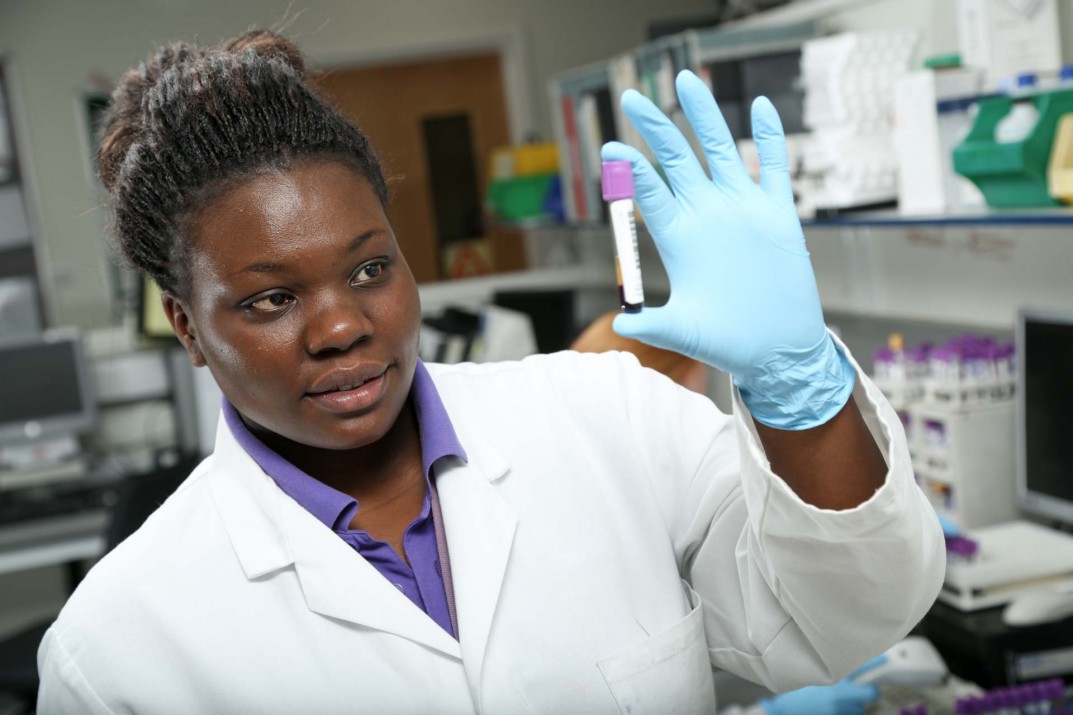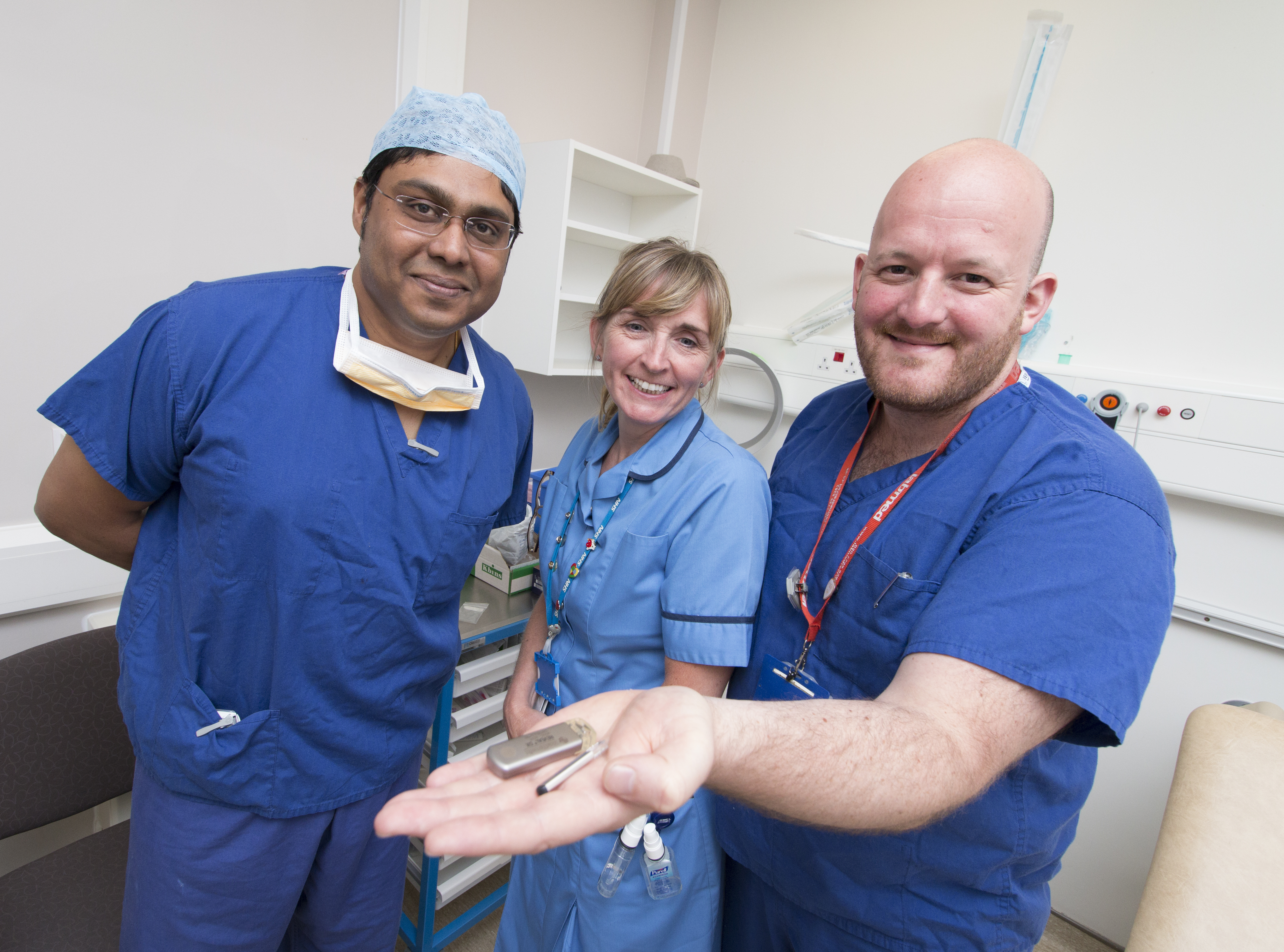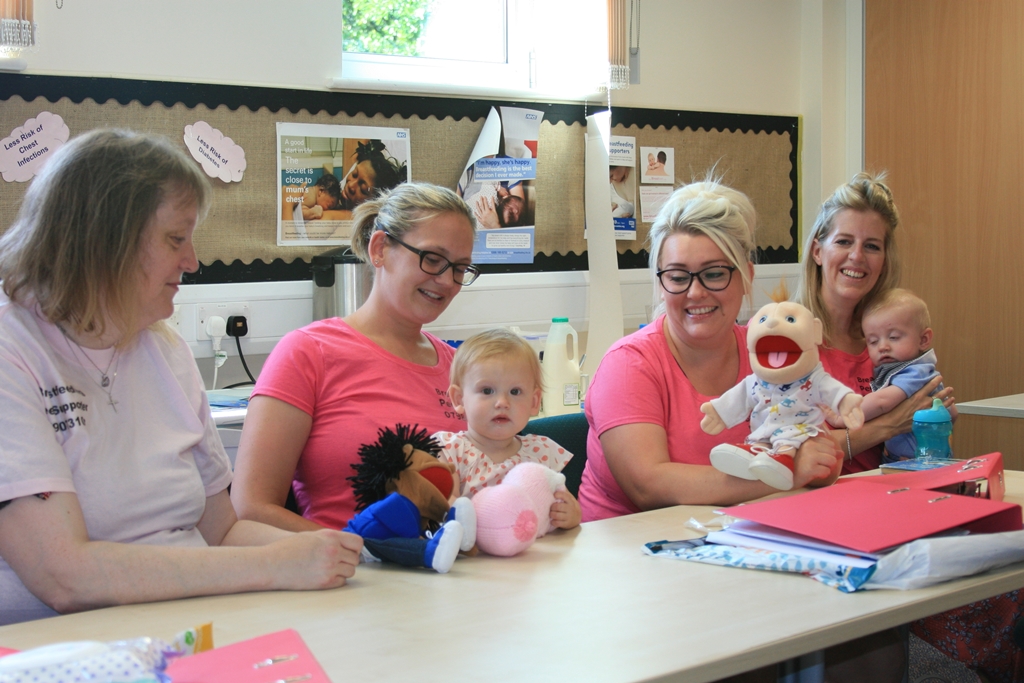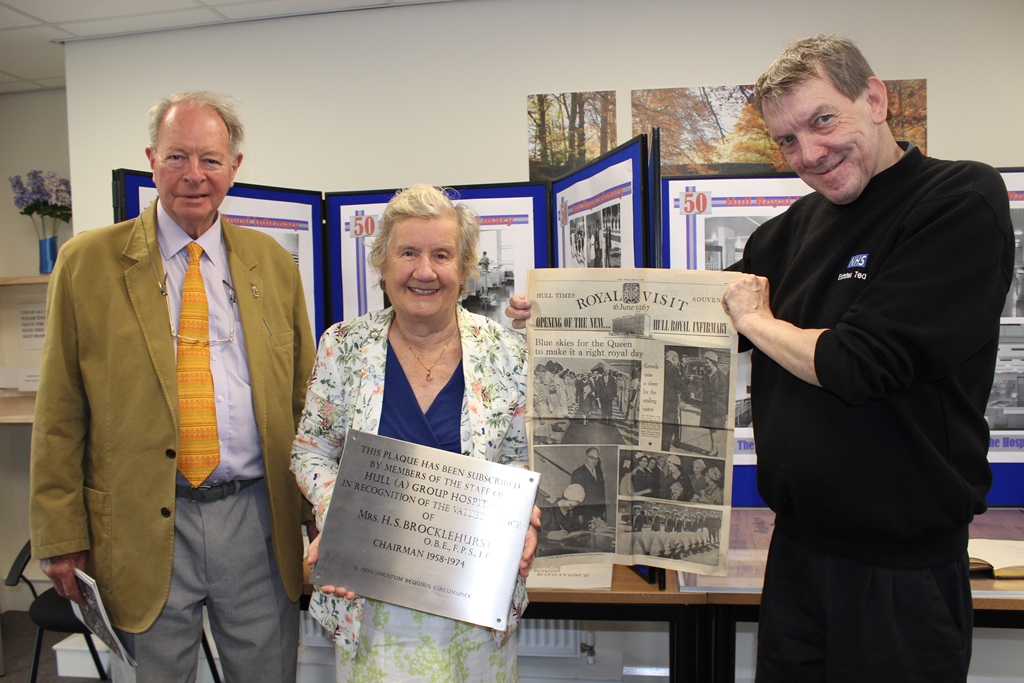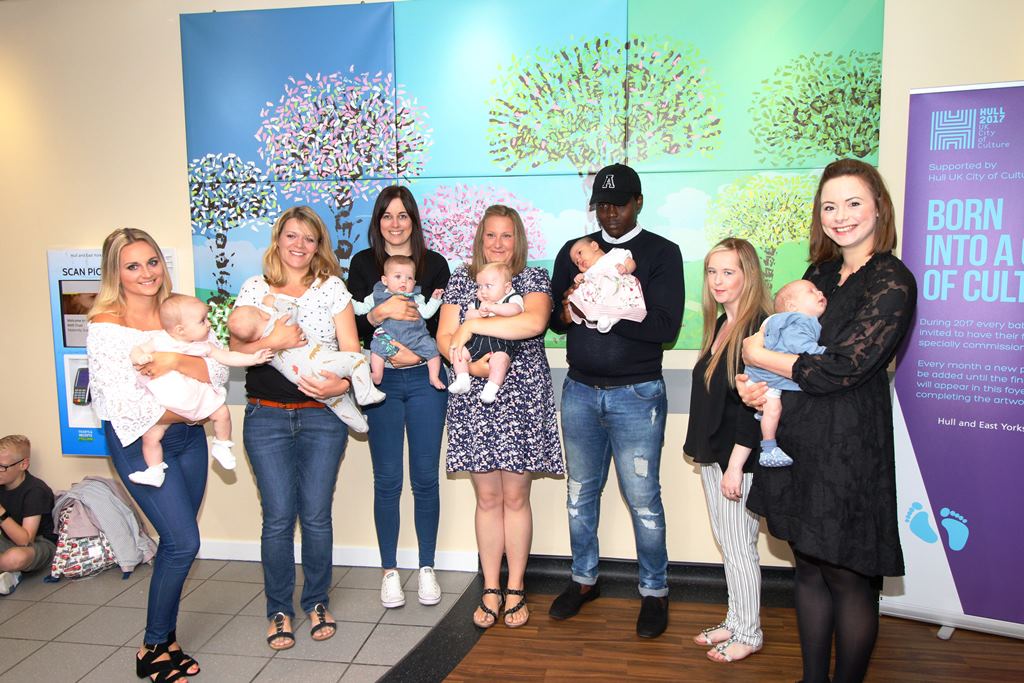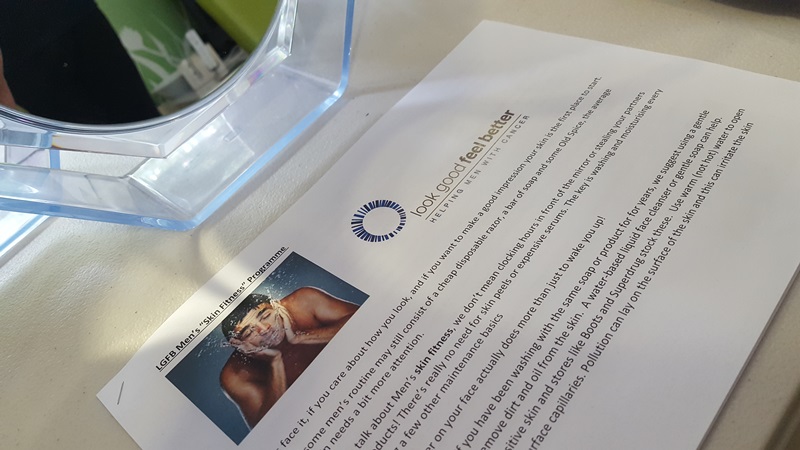Hospital staff in Hull will be taking part in a national project designed to improve the quality of care for bereaved parents.
The National Bereavement Care Pathway (NBCP), which has the support of the Department of Health, has been developed to improve the quality of bereavement care experienced by parents and families at all stages of pregnancy and baby loss up to 12 months.
Hull University Teaching Hospitals NHS Trust is one of just 11 organisations across the country to be chosen to trial the NBCP; designed to cover the whole parental journey and their contact with hospital professionals. It is set to include new materials, guidelines, and training for staff to improve the care they offer, such as training in how to talk to bereaved parents and the kind of facilities which should be available for them.
From October, staff including midwives, gynaecology nurses, paediatric nurses, obstetricians and paediatricians will begin working with the NBCP project team to understand the impact and the effectiveness of the new pathway for parents who have lost a young child.
The Trust was selected by a Core Group* of charities and professional bodies who are leading the NBCP, including SANDS (the Stillbirth and Neonatal Death charity), the Royal College of Midwives, and The Miscarriage Association.
Sue Cooper (pictured) is the Bereavement Midwife based within Hull Women and Children’s Hospital. She says:
“Losing a child is an incredibly difficult experience and something that no parent should ever have to go through. If they do, however, it’s important that we as health professionals are able to provide the right advice, information and support for bereaved parents.
“The quality of care and the empathy shown to parents at a time when they are struggling with a whole range of different emotions is crucial, and our role in guiding bereaved parents through this difficult time is not to be underestimated. How we care for bereaved families when their baby dies can have long-lasting effects; good care cannot remove parents’ pain and grief, but it can help them through a devastating experience.
“For those reasons, we’re really pleased to have been chosen to pilot the new care pathway. We’re not only hoping to improve the care we personally provide for bereaved parents, but it will mean a lot to know that what we do here in Hull and East Yorkshire will go on to shape and improve services provided for others right across the country.”
Clea Harmer, Chief Executive of Sands and Chair of the Core Group, says:
“I am delighted that we have so many enthusiastic partners across the country who want to work with us in improving bereavement care for those parents when a baby dies.
“We were inundated with offers of support and I am excited by the potential impact that the pathway will have in the 11 sites, in the first instance. We look forward to learning from their experiences before wave 2 begins and the wider roll out later next year.”
The 11 sites were chosen as they are representative of geography, capacity and specialism. Hospital staff are about to embark on training in the NBCP before the pilot begins locally in October. A second wave of pilot sites is planned for April of 2018, ahead of a wider national roll out in October 2018.
For further information visit: www.sands.org.uk/professionals/projects-improve-bereavement-care/national-bereavement-care-pathway
The 11 pilot sites are:
- Hull University Teaching Hospitals NHS Trust
- Heart of England NHS Foundation Trust
- Wirral University Teaching Hospital
- Liverpool Women’s Hospital Trust
- Walsall Healthcare NHS Trust
- Northern Devon Healthcare NHS Trust (Barnstaple Hospital)
- Medway (Maritime) NHS Foundation Trust
- West Middlesex, Chelsea & Westminster
- Barking, Havering & Redbridge University Trust –Queens Hospital, Romford
- Ipswich Hospital NHS Trust
- York Teaching Hospital NHS Trust
The Core Group comprises:
- Sands (Stillbirth and neonatal death charity)
- Bliss
- The Lullaby Trust
- The Miscarriage Association
- ARC (Antenatal Results & Choices)
- Royal College of Obstetricians and Gynaecologists
- Royal College of Midwives
- Royal College of Nursing
- Neonatal Nurses Association
- Institute of Health Visiting
- NHS England
- Representative of the UK health research
community



